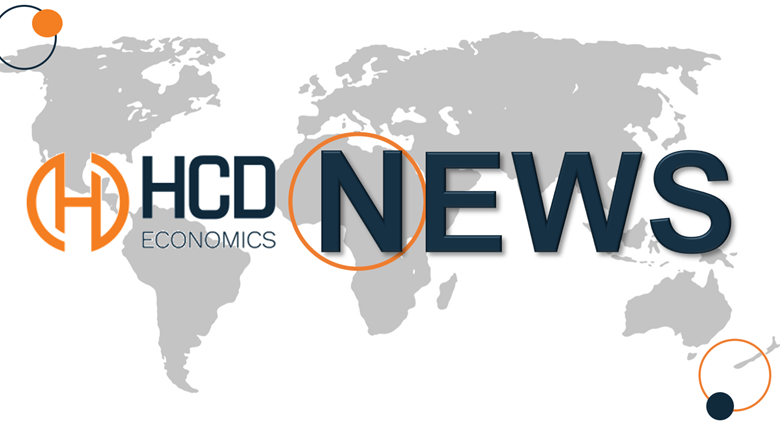
NMD (Neuromuscular disorder) describes a range of conditions that impair the functioning of the muscles, either directly, by impacting the voluntary muscle, or indirectly, afflicting the peripheral nervous system or neuromuscular junctions. NMD affects the nerves controlling voluntary muscles. Voluntary muscles are the ones that can be controlled such as those in arms and legs. Nerve cells, also called neurons, send the messages that control these muscles. When the neurons become unhealthy or die, communication between the nervous system and muscles breaks down. As a result, muscles weaken and waste away.
The NMD patient experiences weakness, loss of muscle bulk, muscle twitching, cramping, numbness, tingling, and a host of other symptoms. Problems with the nerve-muscle junction can also cause droopy eyelids, double vision, and weakness that worsen with activity. Some patients may have difficulty with swallowing and sometimes with breathing.
The search for novel NMD therapies has challenges for patients and the wider NMD community. For NMD patients, promising research results have still not been translated into the treatments they hope for. For clinicians and researchers, lack of support tools such as validated clinical outcome measures or standard operating procedures for research protocols has held back therapeutic development.
Most NMD have no cure or even disease modifying therapies available. The goal of treatment is to improve symptoms, increase mobility and lengthen life. All NMD require lifelong treatment, long term follow up and the support of a wide multi-disciplinary healthcare approach including physiotherapy, respiratory services, occupational therapy, clinical psychology, orthotics, wheelchair services.
A particular challenge for NMD patients is that the impact of their condition is variable. The impact of myasthenia and muscle fatigability is not understood with individuals being meet with disbelief that one moment they were able to do something and now they cannot. Typically, the impact of muscular dystrophies is not readily obvious despite the impact on the daily life of the patient and those close to them.
HCD Economics PPIE/NMD research will collect real world evidence of the impact on NMD patients and by discovering the health economic parameters of the cost and burden of the patient’s NMD condition, RWE can support the need for funding and the design of appropriate services and therapies to enable NMD patients to live well, both physically and psychologically.
For further information on HCD Economics plans for research and partnership in NMD RWE research, please contact Alison Rose - alison.rose@hcdeconomics.com
For further information on NMD, the following is a selection information resources, of readers can identify other useful information sources, HCD Economics will be delighted to update this list
NMD Resources
- Medline Plus: Neuromuscular Disorders
- Neuromuscular Disorders - Official Journal of the World Muscle Society
- Muscular Dystrophy UK
- MND Assocation
- Myaware (Myasthenia Gravis Association)
- Myasthenia Gravis Foundation of America (MGFA)
Neuromuscular Audits
- Muscular Dystrophy UK. New national audit of neuromuscular clinical networks launched
- NHS Audit, Information and Analysis Unit. Unplanned admissions of neuromuscular patients: a collaborative audit
- The NeuroMuscular Centre. NHS England Social Audit Project
Neuromuscular Guidance
- All Party Parliamentary Group for Muscular Dystrophy. Access to Specialist Neuromuscular Care: The Walton Report
- NICE. Motor neurone disease quality standard
- NICE. Motor neurone disease pathway